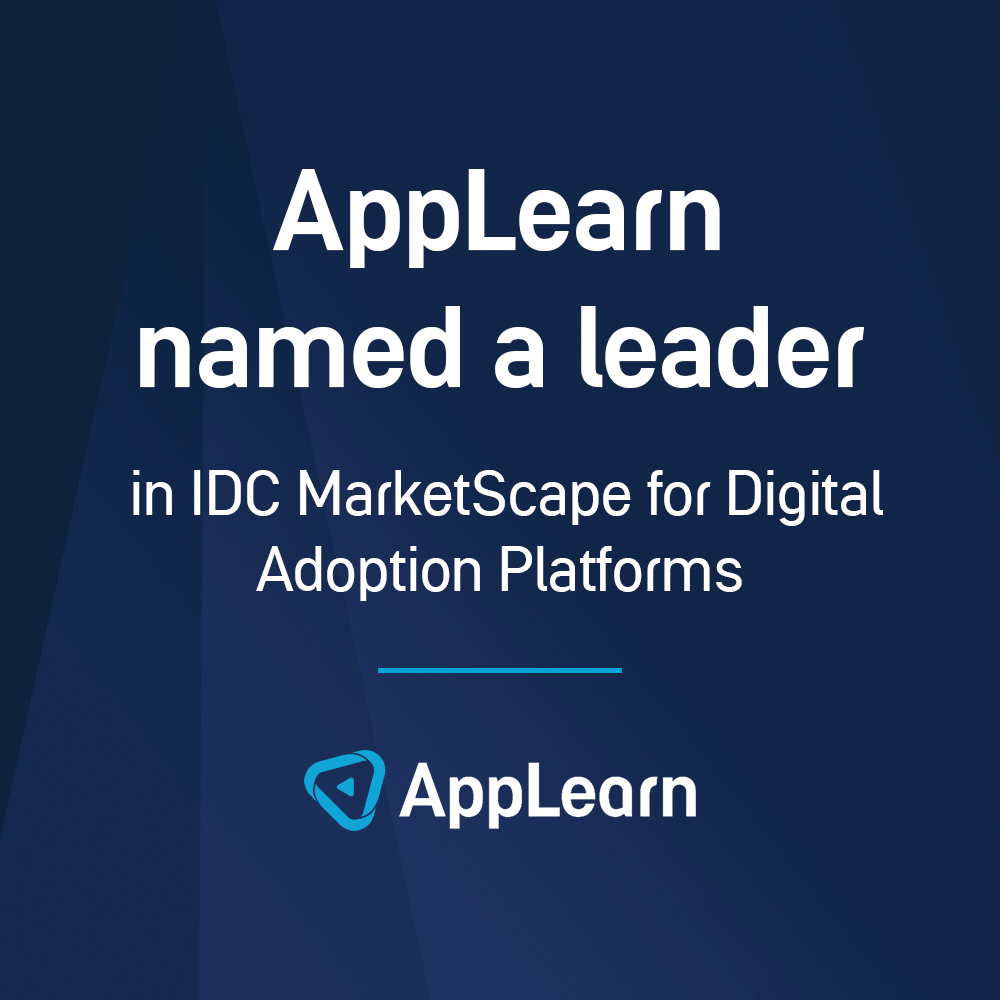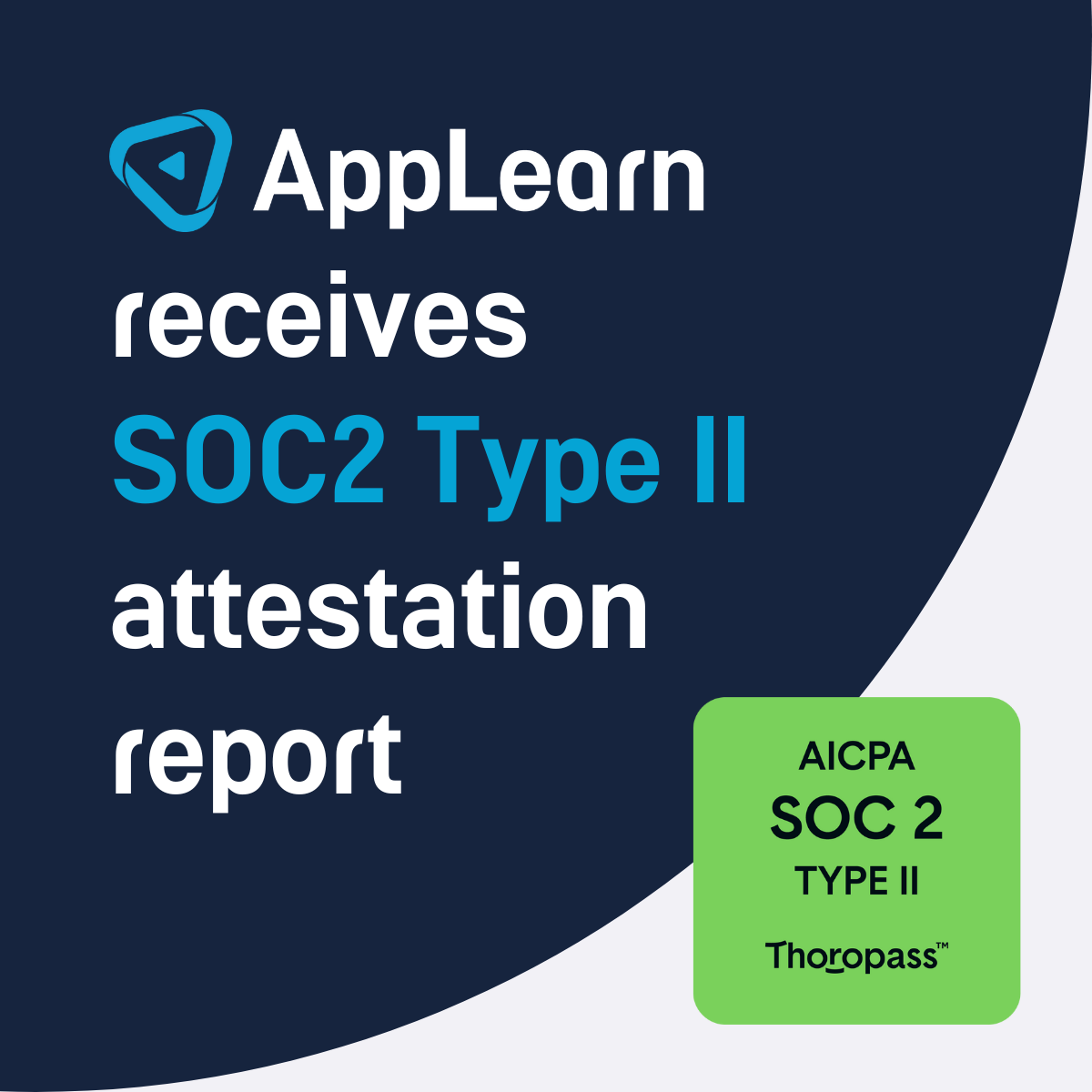News
Lessons From Leaders: The 12 pains of manager self-service
Lessons From Leaders: The 12 pains of manager self-service
Do you think enough about your managers’ software experience? While vendors and businesses alike often focus on their advocates and end-users, it’s not uncommon for the management level to be overlooked. Yet, according to Thomas Otter, “manager self-service is the most challenging technical problem in HR technology, for the vendors and end-users.”
Thomas believes this is primarily due to there being no engagement, just a different way of completing dreary, dull administrative work. He suggests that “manager self-service to date has not really been about enabling and empowering the managers at all, it’s essentially been about enslaving them.”
“If you’re like me, you tend to avoid this. You tend to avoid manager self-service until you have to do it.”
His first-hand example of letting expenses build up for weeks, until the threat of punishment, isn’t his only experience in this area. Having ran product at SAP SuccessFactors and been a lead analyst on HR technology at Gartner, working with global companies like Nestle and PepsiCo, he’s better positioned than most to talk about improving manager self-service.
But if employee engagement isn’t as challenging for vendors or businesses, why is it different for managers? Thomas believes it all comes down to motivation.
It’s in an employee’s interest to get their expenses submitted, to book leave and view their pay slips. That means if the help’s not there when they need it, they’ll seek it out, or even ask a friend. Meanwhile, the manager receiving these requests from many employees can quickly get overwhelmed—without the same underlying motivation.
Thomas also points to the product owner or employee focus of most vendors’ solutions as a problem.
“If you go to all these stands today at the conference, you’ll hear a lot about employee experience. Will you find any slide or positioning from any vendor about manager experience? Probably not. The manager has been somewhat neglected in the design of these systems and how companies deploy them.”
So, how do we begin to close this motivation gap and repair this neglect? For Thomas, improving manager self-service begins by addressing the following 12 pain points:
- Complex software seldom used
- Complex menus and navigation
- Busy screens
- Awkward technology
- Limited relevant online help
- Overly complex company processes
- Multi-step approvals
- HR language that managers don’t necessarily understand
- HR dumps whole process on the manager
- Timing bottlenecks
- No training, or not when needed
- No why
From unneccesary or unexplained complexities through to limited support and investment, his list captures the sentiment that these tools are often inflicted on managers instead of involving them. And while Thomas touches on potential solutions during his full talk, understanding the problems is the first step towards fixing them.
In closing, Thomas offers another home truth. “Managers don’t love HR systems and probably never will”. He also suggests that instead of worrying too much about changing this, we need to instead realize this when designing systems and the solutions around them. And if you take one thing away from Thomas’ talk, it should be this:
“Devote time, effort, money, training and focus on the manager almost above all else, because that will be the success or failure of your system, not only for managers and HR, but for employees.”
Now you know the common pains of managers who use HR tools to self-serve, how are you going to address them?
Article by
Daniel Gripton
Share this article




